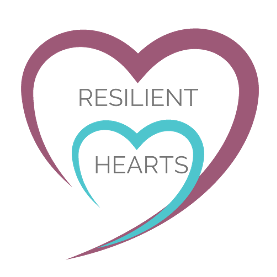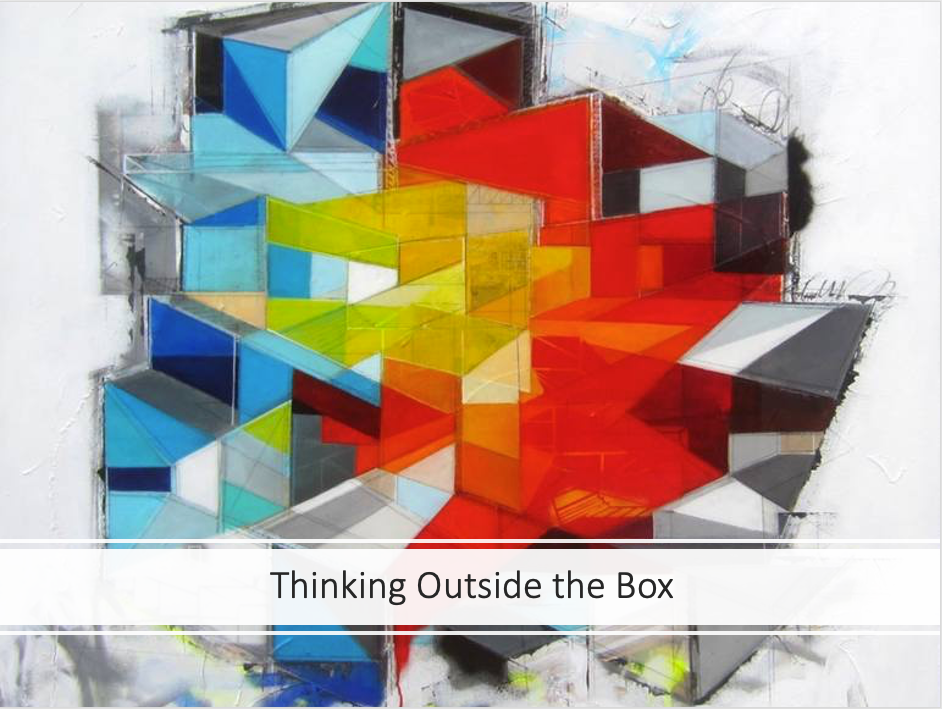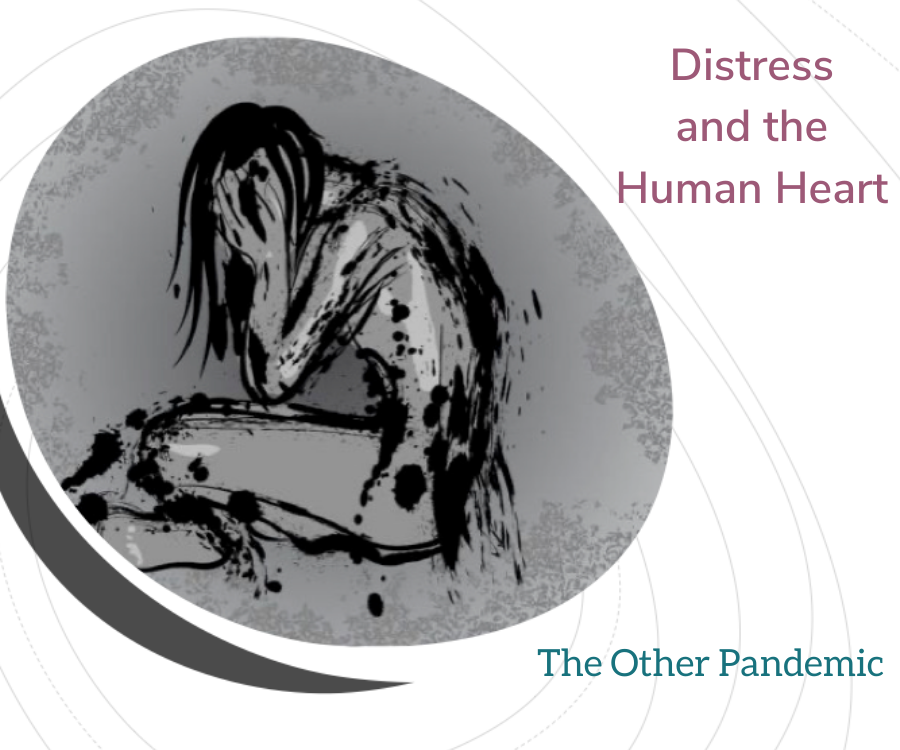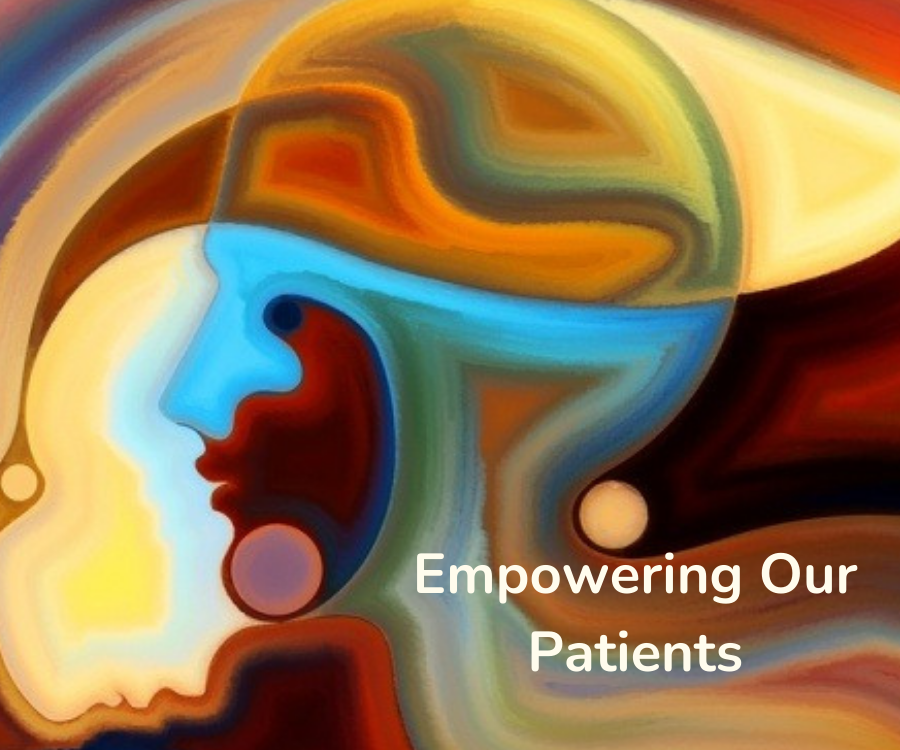
Resilient Hearts Program
Resilience:
The Awakened Heart of the Healer Within
A dynamic whole person approach to promote
embodied mental-emotional wellbeing
Rosa N Schnyer, DAOM, IFMCP, LAc
“Do not be daunted by the enormity of the world’s grief.
Do justly now, love mercy now, walk humbly now.
You are not obligated to complete the work,
but neither are you free to abandon it.”
– Talmud
Enhance your knowledge and Grow Your Skills in the treatment of patients at the intersection of mental-emotional distress, and chronic illness or pain, and /or patients experiencing toxic stress, anxiety and depression.
Resource your Healing Presence: Prevent empathic distress and burnout, while cultivating a compassionate, safe and effective engagement with people who are experiencing painful and distressing emotions.
Discover Emerging Evidence: Deepen your understanding of emerging and exciting research evidence about the invaluable, and often underutilized role of East Asian Medicine in this area.
Integrate Core Concepts of a systems biopsychosocial model, embodiment, and salutogenesis with East Asian Medicine (EAM) theory and practice into a dynamic foundational framework.
Optimizing Your Clinical Outcomes by acknowledging, addressing and effectively treating the complex dynamic that underlies difficult to treat conditions.
Disrupt the Disease-centered Model of Care by focusing on prevention and wellness, and effectively empowering patients to become self-agents in their own health.
RESILIENT-HEARTS © (RH) is inspired by the notion of the embodied Heart in EAM, informed by evidence, history, and the evolution of classical EAM knowledge and seeks to promote physical, mental and emotional wellbeing.

Empower…Inspire…Transform
Your Clinical Practice
Prepare yourself to provide effective and safe support for all patients across the emotional distress spectrum, from crisis adaptation to psychopathology. Prevent your own burnout and equip yourself with clear guidelines to practice with integrity, safety and skill.
Join us as we co-create a Resilient Hearts community.
Our educational model is highly experiential, offering you
tangible skills that can be immediately integrated
into your professional practice.
Many difficult to resolve conditions share common symptoms in the areas of fatigue, pain, psychoneurologic function (e.g. sleep, emotional regulation, and cognitive dysfunction), and functional disorders. The embodied Resilient Hearts perspective, aims at optimizing clinical outcomes by acknowledging and addressing the complex dynamic that underlies difficult to treat conditions, focusing on prevention and wellness, and effectively empowering patients to become self-agents in their own health.
The Resilient-Hearts program is centered around 5 areas and emphasizes highly relevant information, the advancement of clinical knowledge, and the development of essential embodied counseling, coaching and motivational interviewing skills for the EAM clinician, while supporting the inner cultivation and resourcing of the practitioner.
We are facing a Global Mental Emotional Distress Epidemic
Mental health concerns are relevant across the socioeconomic and generational spectrum and across the globe. It is estimated that more than one in ten people worldwide live with a mental health disorder, that is close to 800 million people, a staggering number if we consider the impact of each of those people in their families and communities. According to WHO, noncommunicable diseases (NCDs) kill 41 million people each year, equivalent to 71% of all deaths globally. In the US 6 in 10 Americans live with chronic disease. The prevalence of people living with chronic pain worldwide, varies between 11% and 40%. People struggling with chronic disease and chronic pain, often experience mental-emotional distress.
The Impact of the Covid-19 Pandemic
Even before the Covid-19 pandemic, which has had a significant impact on mental health, in the US alone an estimated 50% of all Americans were diagnosed with a mental illness at some point in their lifetime. Nearly one in five U.S. adults live with a mental illness (51.5 million in 2019), that is over 20% of all adults. The numbers are greater in women when compared to man and higher among 18-25 years old when compared to other age groups. These numbers do not account for people who experience significant emotional distress but do not fit the criteria for an actual mental health disorder. Large disease outbreaks, such as the Covid 19 pandemic, have been associated with mental health problems, with new or worsening symptoms of depression, anxiety, and insomnia. In fact, we considerably elevated adverse mental health conditions associated with COVID-19, have been documented in the literature (Czeisler, et al, 2020). Emerging evidence, indicates that the disease itself may leave a significant post-acute neuropsychiatric sequalae (Nalbandian, L et al, 2021), in the so called long-haulers.
Emerging Evidence: Why Acupuncture and East Asian Medicine?
The evidence indicates that acupuncture is not only often used for psychological distress (MacPherson, 2006) but that that it is helpful in reducing stress related symptom and stress-induced behavior, as well as robustly modulating neuroendocrine functions (specially the HPA Axis), enhancing the release of serotonin (5HT), and targeting brain regions involved in emotional processing (Zhang, Z.-J., 2015). Acupuncture has also shown significant potential as an antidepressant treatment ( Smith et all, 2018), as an augmentation to antidepressants, as an effective treatment during pregnancy, and in primary care, it has been found to be comparable to counseling in managing depression (McPherson, 2013). Furthermore, preliminary evidence indicates that acupuncture is effective in anxiety management and PTSD. A recent review of CHM indicates that Chinese herbs further enhance monoamine transmission systems, downregulate the HPA and confer neuroprotection, anti-inflammation, immunity, anti-oxidant and energy metabolism regulation, all critical in prevention of severe mental illness (Wang, 2017).
How can we help?
Patients seeking our services for any condition bring into our clinics their whole self. They are increasingly likely to be experiencing anywhere from uncomplicated emotional distress to a potentially life-threatening mental-emotional crisis, in conjunction with severe acute and chronic pain, or difficult to manage chronic illness.

Acupuncturist and herbalists are uniquely positioned to support patients in the early stages of mental-emotional distress, and patients at the intersection of persistent, chronic, complex conditions, while helping them build a foundation for embodied bodymind wellness.
RESILIENT-HEARTS RH 101- Basic Principles: This introductory course will provide a theoretical overview of the EH therapeutic model and how it complements conventional approaches to maintain and improve the movement towards mental-emotional health, in the individuals and the community. 4 hours
Graduate Mentorship Program
Become an RHP (Resilient-Hearts Practitioner) via our professional training program. Our educational model is highly experiential, offering you tangible skills that can be immediately integrated into your practice. Deepen your understanding of the relevance and unique role of EAM in the treatment of patients at the intersection of emotional distress, chronic illness, and / or pain by addressing the embodied Shen and effectively empowering patients to become self-agents in their own health.
At the completion of this program you will enhance your knowledge, grow your skills, and resource your healing presence:
Enhance your knowledge and Grow Your Skills in the treatment of patients at the intersection of mental-emotional distress, and chronic illness or pain, or patients experiencing toxic stress, anxiety and depression.
Master your understanding the Qi Dynamics and the EAM conceptual framework.
Learn effective acupuncture and herbal treatment strategies.
Advance your knowledge and understanding of core principles in the prevention, management and treatment of this patient population
Outline key factors contributing to the global mental health pandemic, understand the impact of Covid 19, and its clinical effects in the long haulers
Understand the epidemiology (e.g. prevalence, incidence and medication use estimates) and underlying causes of the mental global health epidemic
Define core concepts from systems biology, neurobiology, psychology and sociology and explain how these concepts integrate with EAM theory and practice into a dynamic foundational framework
Deep dive into the history, classical roots, and the evolution of classical EAM knowledge in understanding the embodied Heart.
Analyze and explain the clinical relevance research evidence on acupuncture, herbs, and non-pharmacological EAM therapies (i.e qi gong, tai chi)
Compare and contrast biomedical ethics, ancient Chinese medical ethics and the new Code of Ethics for the Practice of EAM in the 21 Century
Engage in a safe and ethical reflective EAM practice, including prescribing herbs to a medicated patient (for pain, chronic, complex illness and psychotropic medications), assessing risk of self-harm, aggressive behaviors and domestic abuse, and understanding core principles of trauma informed EAM practice.
Implement a comprehensive treatment framework for evidence-informed clinical practice in the care of this patient population
Deepen your knowledge, awareness and application of basic active listening skills, motivational interviewing and wellness facilitation. Use this knowledge to develop effective therapeutic relationship, maintain treatment gains and terminate treatment.
Define the role of EAM in a collaborative team and identify the members of an interdisciplinary support team in the community.
Promote EAM as a key component of a comprehensive mental health services biopsychosocial model by creating an effective PITCH that can be delivered to your community.
Resource your Healing Presence:
Resource yourself internally to prevent empathic distress and burnout
Cultivate compassionate, safe and effective engagement with people who are experiencing painful and distressing emotions
Respond appropriately to facilitate a safe space
Reframe effectively to recognize and address your patient qi dynamics, and don’t get caught up in the story
Apply a revolutionary technique to prevent your own burnout







